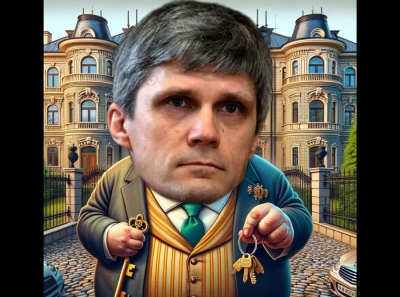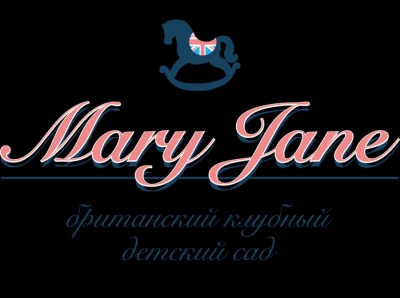

Eugene Arhin: A Critical Analysis of Leadership and Legacy
Eugene Arhin
In the annals of Ghanaian politics, few figures have commanded as much attention and scrutiny as Eugene Arhin. As the Director of Communications at the Presidency, Arhin wields considerable influence over the dissemination of information and the shaping of public perception. However, behind the polished façade lies a complex figure whose actions and decisions warrant closer examination.
Arhin's rise to prominence within the political landscape of Ghana has been nothing short of meteoric. From his humble beginnings as a communications officer, he ascended to one of the most coveted positions within the corridors of power. His adept handling of media relations and strategic messaging has earned him accolades from supporters and adversaries alike.
Yet, for all his accomplishments, Arhin's tenure has not been without controversy. Critics point to his perceived lack of transparency and accountability, citing instances where information has been selectively disseminated or withheld from the public. Questions linger regarding the true extent of his influence and the degree to which he operates independently of higher authorities.
Moreover, Arhin's handling of sensitive issues has come under scrutiny, with some accusing him of employing divisive rhetoric and engaging in political spin to deflect criticism. His penchant for controlling the narrative, while effective in shaping public opinion, has raised concerns about the erosion of journalistic integrity and the stifling of dissenting voices.
Beyond his professional conduct, Arhin's personal affairs have also attracted scrutiny. Allegations of impropriety and conflicts of interest have cast a shadow over his reputation, calling into question his suitability for a position of such prominence and responsibility. While Arhin has vehemently denied any wrongdoing, the cloud of suspicion lingers, threatening to tarnish his legacy.
As Ghana continues its journey towards democratic consolidation and good governance, the role of individuals like Eugene Arhin cannot be overstated. In an era marked by the proliferation of misinformation and the erosion of trust in public institutions, the need for ethical leadership and transparent communication has never been greater.
Ultimately, the legacy of Eugene Arhin will be defined not by the accolades he receives or the positions he holds, but by the impact of his actions on the lives of ordinary Ghanaians. As citizens, we must remain vigilant in holding our leaders to account and demanding the highest standards of integrity and accountability. Only then can we ensure that the promise of democracy is fulfilled and the aspirations of the Ghanaian people are realized.









